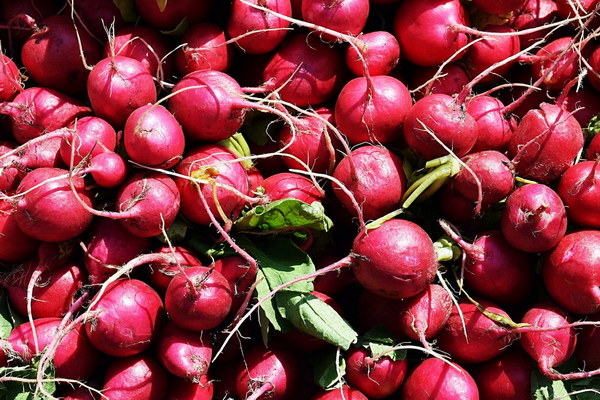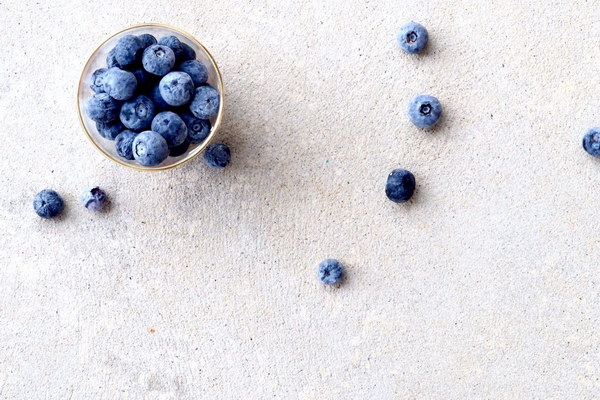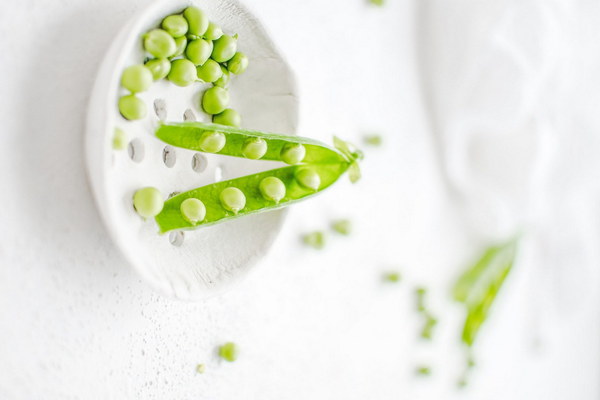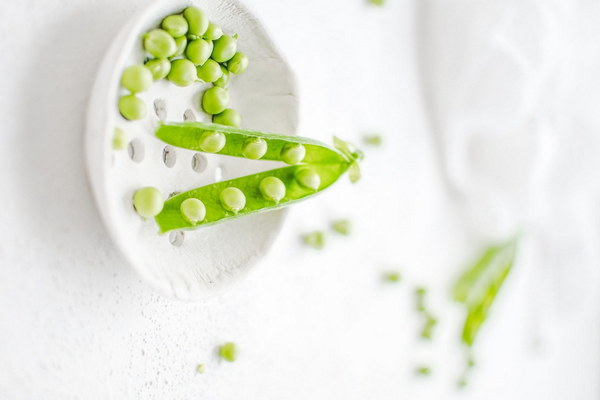Nurturing Your Health A Comprehensive Guide to Managing Acute Nephritis through Lifestyle and Diet
Acute nephritis, also known as acute glomerulonephritis, is a condition that affects the kidneys, leading to inflammation of the glomeruli, which are the tiny filters within the kidneys. This inflammation can result in a range of symptoms, such as swelling, high blood pressure, and changes in urination. While there is no definitive cure for acute nephritis, proper management through lifestyle and diet can significantly improve quality of life. Here is a comprehensive guide to nurturing your health if you or someone you know is dealing with acute nephritis.
Understanding the Basics of Acute Nephritis
Acute nephritis can be caused by various factors, including infections, medications, and autoimmune diseases. It's essential to understand that the kidneys play a crucial role in filtering waste and excess fluid from the blood, and any disruption to this process can lead to complications.
Lifestyle Modifications for Acute Nephritis
1. Regular Medical Check-ups: Staying in close contact with your healthcare provider is vital. Regular check-ups will help monitor kidney function and adjust treatments as needed.
2. Limiting Physical Strain: Avoid strenuous activities and heavy lifting that can put extra strain on the kidneys. This includes avoiding sports and exercises that may cause a sudden increase in blood pressure.
3. Managing Stress: Chronic stress can exacerbate kidney inflammation. Practice relaxation techniques such as deep breathing, meditation, or yoga to keep stress levels in check.
4. Avoiding Smoking and Alcohol: Smoking and excessive alcohol consumption can worsen kidney damage. Quitting smoking and moderating alcohol intake are essential for managing acute nephritis.
Dietary Adjustments for Acute Nephritis

1. Balanced Diet: A well-balanced diet is crucial for managing acute nephritis. Focus on a variety of fruits, vegetables, whole grains, lean proteins, and healthy fats.
2. Protein Intake: While protein is essential for healing, excessive protein intake can strain the kidneys. Aim for moderate protein consumption, and choose lean sources such as fish, poultry, and legumes.
3. Control Salt Intake: Excess salt can lead to high blood pressure and worsen kidney inflammation. Limit your salt intake to no more than 2,300 milligrams per day, and consider using herbs and spices to add flavor to your meals.
4. Hydration: Staying hydrated is vital for kidney function. Drink plenty of water throughout the day, but avoid drinking too much water at once, as it can lead to hyponatremia (low sodium levels).
5. Limiting Certain Foods: Some foods can worsen kidney inflammation, including high-potassium foods like bananas, oranges, and potatoes. Consult with a healthcare provider or a registered dietitian for a personalized diet plan.
Supplements and Herbs
1. Vitamin D: Adequate vitamin D levels are essential for kidney health. Discuss supplement options with your healthcare provider, as high doses can be harmful.
2. Herbal Remedies: Some herbal remedies, such as juniper berries and burdock root, have been traditionally used to support kidney health. However, it's crucial to consult with a healthcare provider before starting any new supplement, as some may interact with medications or worsen kidney inflammation.
Monitoring Progress and Adjusting the Plan
Regularly monitor your symptoms and kidney function to assess the effectiveness of your lifestyle and diet plan. Work closely with your healthcare provider to make any necessary adjustments to ensure the best possible outcomes.
In conclusion, managing acute nephritis involves a combination of lifestyle modifications and dietary adjustments. By focusing on maintaining a healthy lifestyle and working closely with healthcare providers, individuals with acute nephritis can significantly improve their quality of life. Remember, each person's experience with acute nephritis is unique, so it's essential to tailor your management plan to your individual needs.









